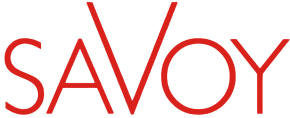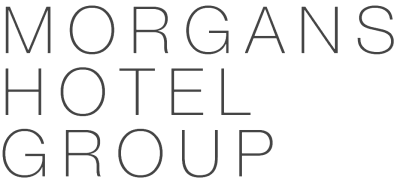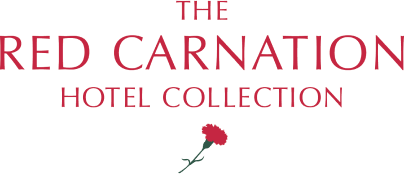Labor Compliance Overview
Labor compliance represents one of the most difficult challenges for hospitality operators managing a workforce. Compliance in the workplace never boils down to one single law. Labor compliance represents a blend of regulations covering everything from predictable scheduling to anti-discriminatory practices.
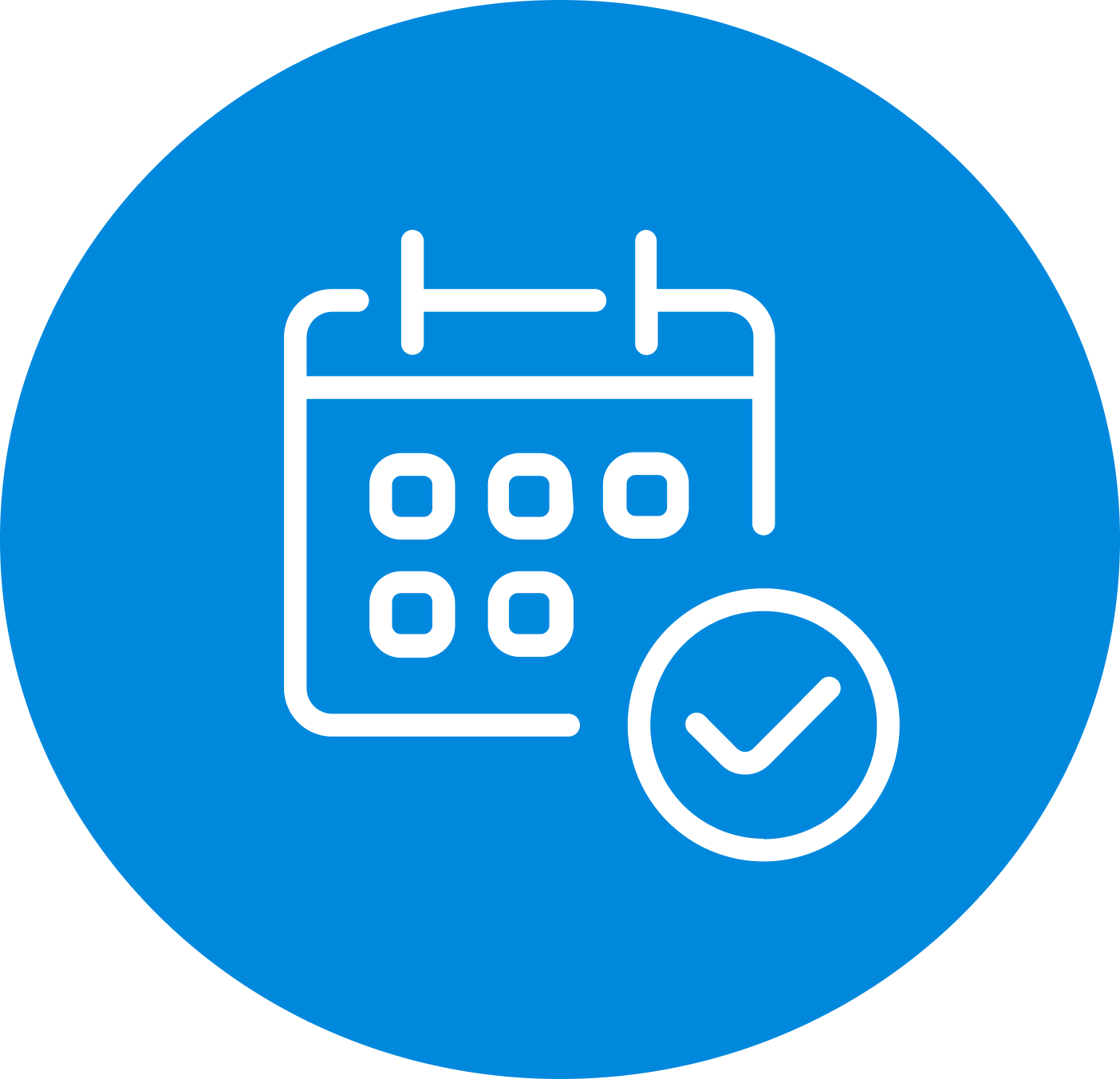
Labor compliance related to scheduling and breaks
- Predictive scheduling
- Meal & rest breaks
- Day of rest
- Split shifts
- Minor/child labor

Anti-discriminatory labor compliance
- Equal Employment Opportunity Commission (EEOC)
- At-will employment
- Just cause and progressive discipline
- Wage transparency

Labor compliance related to wages and workplace conditions
- Fair Labor Standards Act (FLSA)
- Occupational Safety and Health Administration (OSHA)
- Minimum wage
- Tip credit and tip pooling
- Overtime
Why is Labor Compliance Important in Hospitality?
We all know that violating labor laws can quickly add up to hundreds of thousands of dollars in legal fees and employee payouts. But can labor compliance for restaurants, hotels, and hospitality bring proactive business benefits?
Although restaurant operators may see labor compliance as a hassle, labor laws were built to create a better employee experience. As such, restaurants, hotels, and hospitality businesses that are fully labor compliant tend to see high-performing team members, lower turnover rates, and higher guest satisfaction.
All-in-One HCM Platform
for Labor Compliance in Hospitality
Compliance-driven
Intelligent Scheduling
In an industry as unpredictable as hospitality, schedules are never set in stone. When last-minute schedule changes do need to be made (and they will), maintaining labor compliance can prove challenging.
Harri’s intelligent scheduling helps you to quickly create schedules compliant with local and federal labor laws. Data-driven schedules utilize historic sales data to help you create labor-efficient schedules based on customer demand while still remaining fully labor compliant.
Templated schedules, automated employee-driven shift swaps, and Hot Fill auto-scheduling ensure labor compliance without the headache for restaurants, hotels, and hospitality businesses.
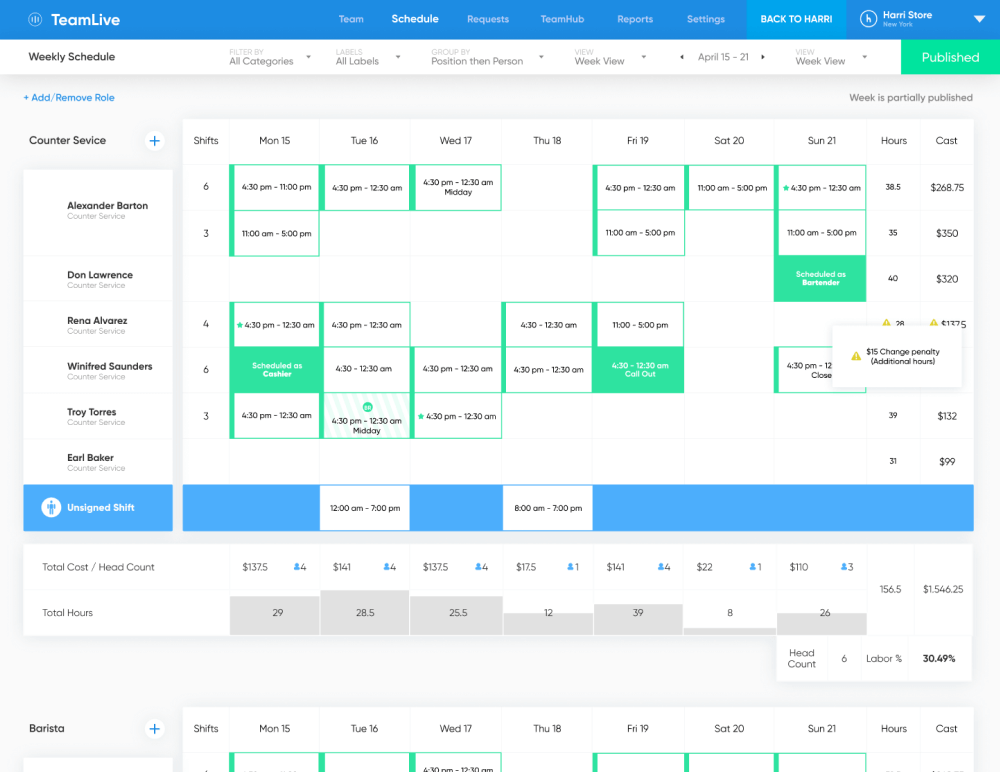
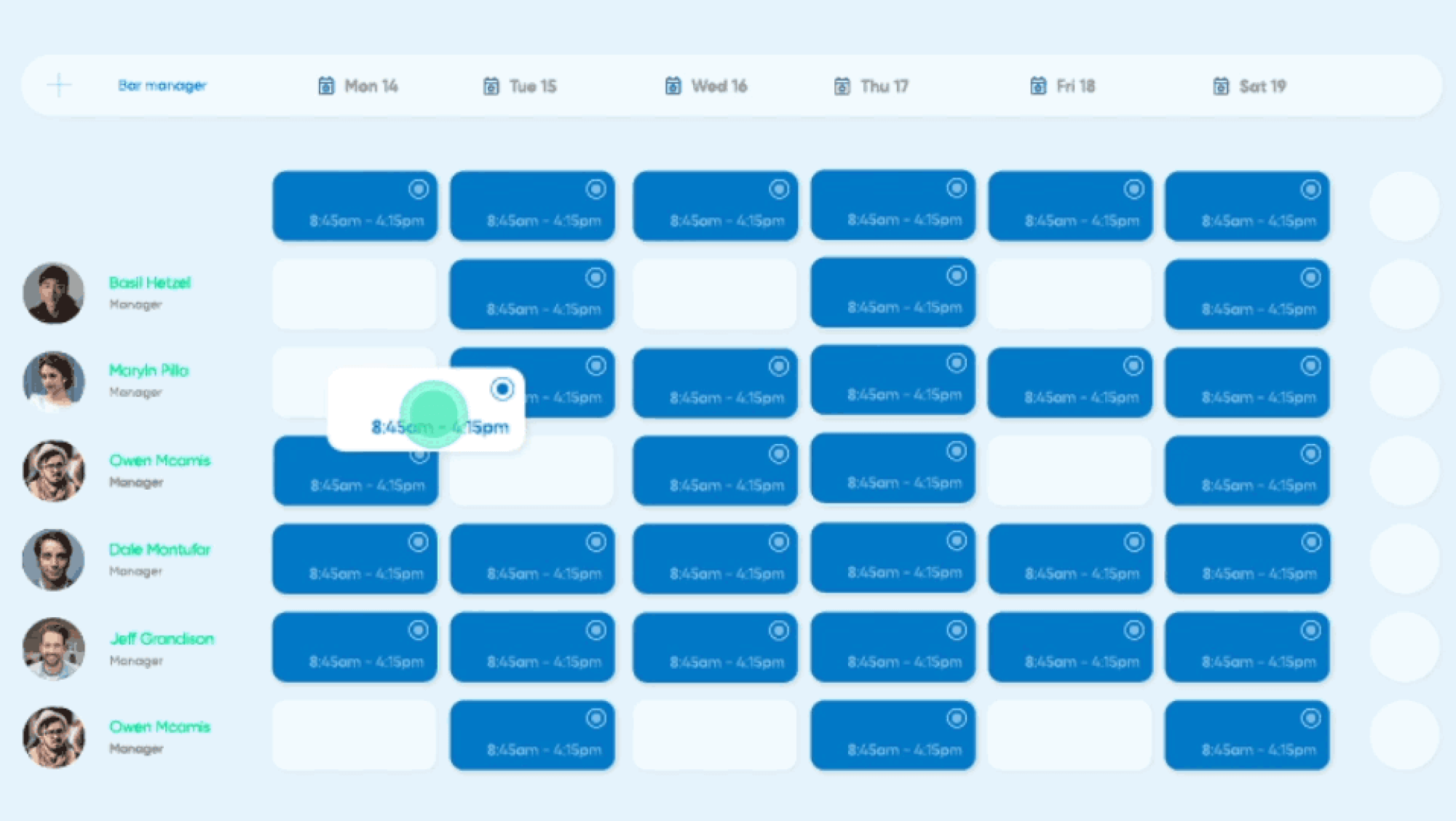
Real-time Alerts on
Non-compliant Actions
When managing a team of 500 employees across 7 locations, a store manager is bound to make an error here or there. When that happens, Harri sends automatic non-compliance alerts so corrective action can be taken before legal penalties occur.
Advanced schedules deadlines, employee shift change requests, and more are immediately flagged to your team to ensure appropriate action within the necessary timeframe. Instant alerts that relate to employee actions or store location requirements ensure full labor compliance.
Powerful Analytics and
Fully Digital Records
Harri connects the dots between every HCM process and provides a suite of real-time, fully customized data analytics. Understand the correlation between overtime and store sales to see where it’s possible to scale back operations. See how often premium payments are paid for Fair Workweek violations and which employees they’re associated with. We paint a complete picture so you can better identify gaps and streamline operations.
If your restaurant, hotel, or hospitality business ever breaks labor compliance, you’re required to provide proof of operations whether you’re proving yourself innocent or guilty. Harri stores a permanent digital record for all labor compliance actions, such as employee schedules, hours worked, shift swaps, premium payments, and more.
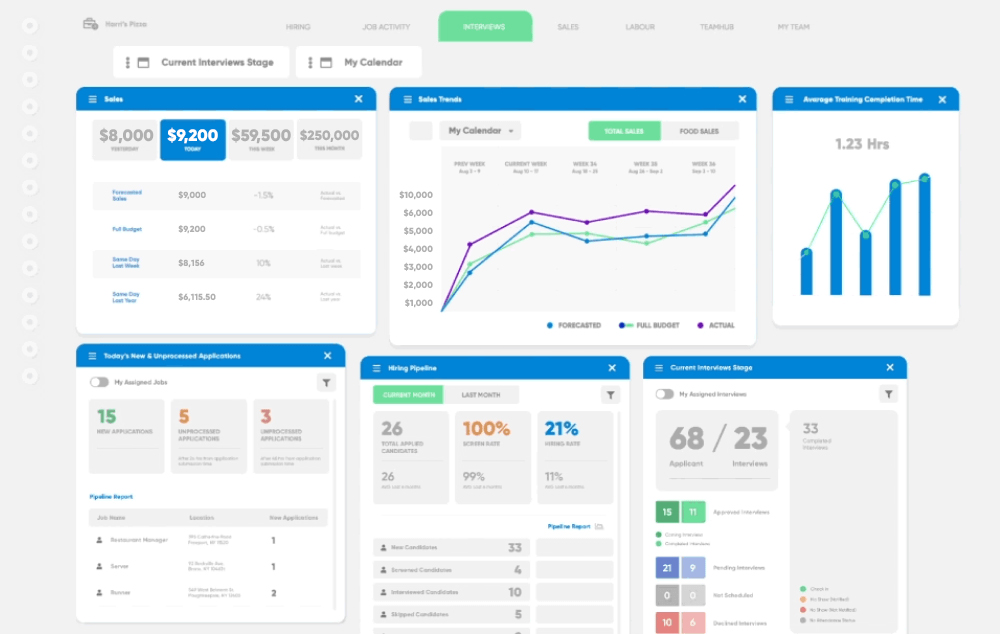
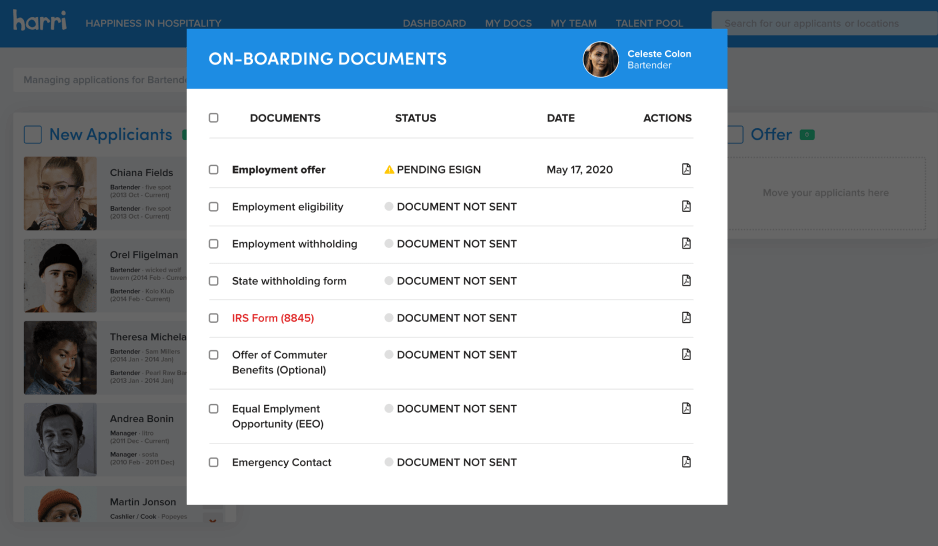
Employee Compliance simplified
We streamline the onboarding process so your new employees can start training as soon as possible on day one.
Harri’s digital onboarding means every legal form can be accessed, filled out, and submitted from any device, including mobile phones. We provide all documents in English and Spanish to accommodate your diverse hospitality workforce.
Employment policies, training documents, and other legal paperwork are provided to new hires from the get-go to ensure no paperwork gets lost in the shuffle of onboarding. We also partner with various training partners so your team can complete training right from the Harri platform.
Seamlessly Onboard
a New Employee
When the employee experience suffers, so does the guest experience. During the onboarding process, it’s essential that labor paperwork is filled out correctly the first time around. One empty field or misspelled name could result in serious legal fees for your hospitality business.
Harri’s digital onboarding platform reduces the possibility of paperwork errors by automatically carrying over vital information from one form to the next, on every page. We don’t permit you to submit legal paperwork until all fields are filled in, and both managers and employees will be alerted when they forget to fill out a section.
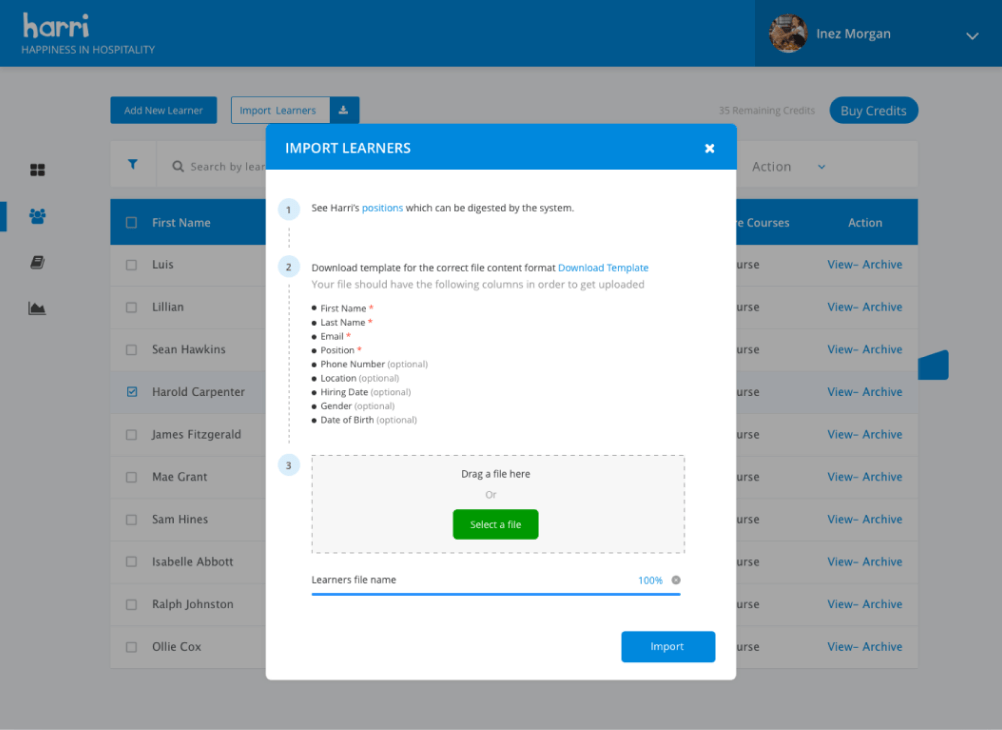
Labor Compliance
for Restaurants, Hotels, and Hospitality
NYC
NYC labor laws are designed with strong employee protections, posing significant compliance challenges for the restaurant, hotel, and hospitality industries.
Given its history of prioritizing employee protections, NYC continues to present significant compliance challenges for the restaurant, hotel, and hospitality sectors. Implementing a comprehensive HCM tech solution is crucial for managing these complexities effectively.
NYC hospitality is governed by a complex set of labor compliance regulations. Here are just a few of the key guidelines that shape the industry:
- Fair Workweek
- Temporary Schedule Change
- Paid Safe and Sick Leave
- Minimum Wage
- Salary Transparency
California
California’s comprehensive employee-focused labor laws have earned it a reputation as one of the more challenging states for operating restaurants, hotels, or other hospitality businesses.
The inherently unpredictable nature of service-driven industries, coupled with California’s complex labor regulations, makes compliance a daunting task for business operators without the support of advanced HCM technology.
Below is a brief list of California labor compliance requirements:
- State and local Minimum Wage
- Local Fair Workweek Ordinances
- Overtime
- Pay Data Reporting
- Salary Transparency
- Paid Family Leave
- Fast Food Council oversight
Seattle
Seattle is recognized for its proactive approach to labor legislation, often leading the way with initiatives like the Seattle Secure Scheduling Ordinance and the successful implementation of a $15 minimum wage.
With the city’s pioneering efforts, hospitality businesses and other employers must employ advanced HCM technology to effectively manage compliance with Seattle’s dynamic labor laws.
Seattle businesses are required to comply with the following labor compliance standards, which represent just a portion of the regulatory obligations they may face:
- Minimum Wage Ordinance
- Overtime
- Wage Theft Ordinance
- Paid Sick and Safe Time
- Fair Chance Employment Ordinance
- Secure Scheduling Ordinance
- Hotel Employee Protections
Chicago
Chicago’s labor compliance framework primarily centers around the Fair Workweek Ordinance, which mandates predictive scheduling for certain industries such as restaurants, retail, building services, hotels, healthcare, manufacturing, and warehouse services.
Implementing HCM technology can greatly assist employers in this sector by automating the scheduling process, ensuring compliance with labor laws, and reducing the risk of penalties.
Chicago businesses are required to adhere to various labor compliance standards. Below is a partial list of some key requirements:
- Fair Workweek
- Paid Sick Leave
- Wage Theft
- Minimum Wage
- Wage Transparency (1/1/2025)
Oregon
Oregon’s labor laws follow most Fair Workweek requirements, but they allow for slightly more flexibility towards businesses.
Oregon businesses must adhere to the following labor compliance regulations, which are part of a broader set of requirements:
- State and Local Minimum wage
- Oregon Family Leave Act/Paid Leave Oregon
- Equal Pay
- Predictive Scheduling
Philadelphia
Philadelphia’s labor compliance regulations significantly impact businesses in the food service, retail, and general hospitality sectors. Hospitality operators in the city must stay alert to changes, especially as pro-employee initiatives like Fair Workweek become more widespread.
Philadelphia operators should be on the lookout for additional Fair Workweek requirements as pro-employee movements gain popularity across the country.
Here is an overview of some of Philadelphia’s labor laws that hospitality employers must follow:
- Fair Workweek
- Paid Sick Leave
- Wage Theft
- Minor Labor Laws
New Jersey
Most of New Jersey’s labor compliance laws are fairly standard, but the state is currently considering predictive scheduling laws.
Restaurants, hotels, and hospitality businesses should keep an eye on New Jersey predictable scheduling laws and new legislation proposals.
New Jersey businesses must follow the below labor compliance requirements:
- Overtime requirements
- Working restrictions for minors
- Wage Theft Act
- Tip credit and tip pooling
- Minimum Wage
- State wage payment law
- Earned sick leave
State-By-State
Compliance Guide
Dive into state-specific compliance rules with our handy state-by-state guide.

Schedule a call with #TeamHarri to learn more!
Trusted by the Best Employers
250+ enterprise clients across the globe.
Restaurants


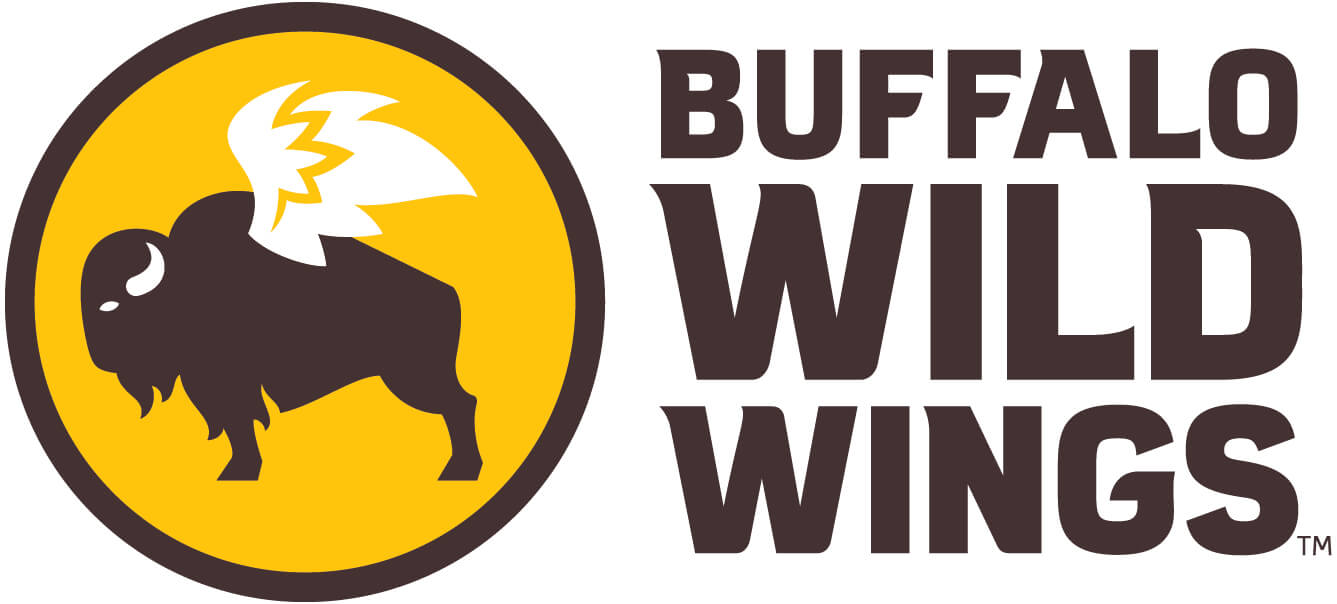

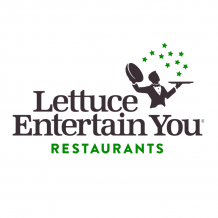

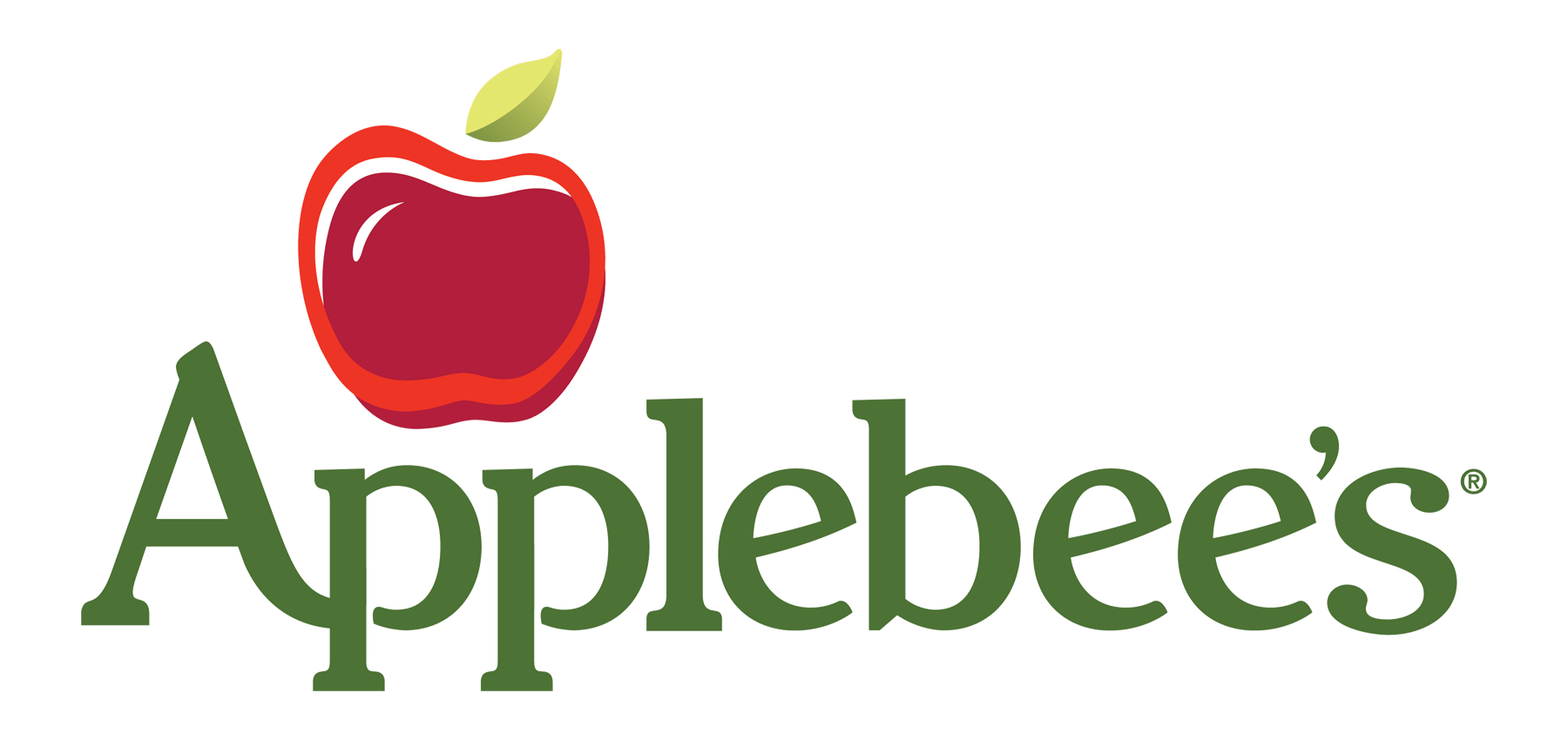

Hotels


